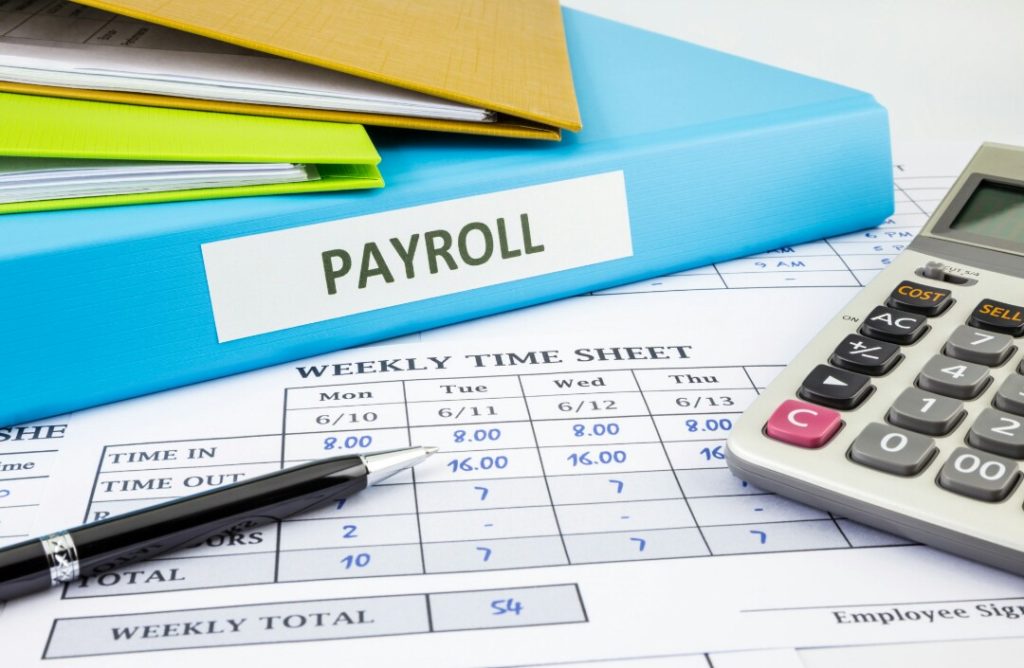If you’re an employer, you must keep track of hours worked and wages earned for employees. Learn more with our guide to pay stub requirements by state.

Running a business takes a lot of work. But, to be a successful employer, it also helps to have a great memory.
“Why’s that?” you might ask.
Well, along with everything else on your endless to-do list, you must also stay up to date on federal and state paycheck laws.
Federal laws tend to be easiest to remember because these are the rules that are least likely to change. No matter where you work in the U.S., employers and their employees are bound to the same set of federal guidelines.
On the other hand, pay stub requirements by state can vary widely, depending on the place your company calls home.
Read on to find out what you need to know about state paycheck requirements!
Your Simple Guide to Pay Stub Requirements By State
There are times in life when it pays to play by the rules.
Whether you’re an employer or an employee, it’s important that you’re familiar with your state’s paycheck requirements. There could be times that a lack of knowledge in this area could cost either party, big time.
Employers can face criminal charges if they don’t abide by their state’s payroll laws. Some employees have lost billions in wages due to overlooking legal payroll requirements.
Unfortunately, all states do not follow the same set of rules. This can get confusing. But, we’re here to help you find out which requirements apply to you.
Are Pay Stubs Required By Law?
Believe it or not, the Fair Labor Standards Act doesn’t require employers to provide employees with a pay stub by law. But, it does require that employers keep a detailed and accurate record of their employees hours and pay.
For this reason, many employers elect to generate pay stubs for their own records, as well as records they supply to their employees. Click here to learn more about this process works.
No Requirement States
In certain states, employers aren’t required to provide their employees with a record of their payment information. But, even so, most employers today opt to do otherwise to cover themselves and as a courtesy to their staff.
The following are “no requirement states”, which means they aren’t legally obligated to provide employees with pay records:
•Alabama
•Arkansas
•Florida
•Georgia
•Louisiana
•Mississippi
•Ohio
•South Dakota
•Tennessee
The remaining states must adhere to a different set of requirements.
States That Require Employees Be Given Access to Detailed Payment Information
Some states ask that employees have access to their detailed payment information.
The law doesn’t require that employees furnish a paper pay stub in these states.
However, an electronic pay stub or another form of payment records should be available to employees. These states include:
•Alaska
•Arizona
•Idaho
•Illinois
•Indiana
•Kansas
•Kentucky
•Maryland
•Michigan
•Missouri
•Montana
•Nebraska
•Nevada
•New Hampshire
•New Jersey
•New York
•North Dakota
•Oklahoma
•Pennsylvania
•Rhode Island
•South Carolina
•Utah
•Virginia
•West Virginia
•Wisconsin
•Wyoming
But, wait. There are other states who do things a little differently.
States That Require Employers to Provide a Written or Printed Pay Statement
The following states ask that employers provide a paper document as a statement of pay to their employees:
•California
•Colorado
•Connecticut
•Iowa
•Maine
•Massachusetts
•New Mexico
•North Carolina
•Texas
•Vermont
•Washington
Most employees that reside in the above states probably receive a printed pay stub or a similar document for each pay period that they work.
Opt Out vs Opt-In
In Delaware, Minnesota, and Oregon, employees are given the option to opt out of paperless payment statements. This means that even if their employer chooses to go paperless, they can ask for a paper statement documenting their pay.
Hawaii, on the other hand, requires that employees are given the option to opt-in to receiving payment statements. This means that they don’t have to agree to receive paperless statements. Hawaii’s employees must sign to either consent to, or disagree to, receiving payment statements.
What Other Laws Might You Have Missed?
If you’re surprised to learn about your pay stub requirements by state, imagine what other laws you might have missed.
In today’s world, it isn’t always easy to keep up with the ever-changing legalities that govern our lives. To stay abreast, be sure to stay tuned to our blog.
